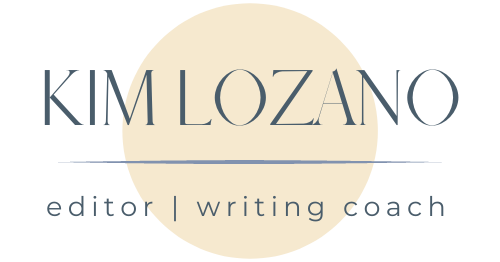The Most Common Opening Pages Mistakes
Do I even need to talk about why the opening pages of your book are capital “C” critical? I doubt I do. Writers are readers, and you know how you either fall into a book or lean away from it, and then quit it, usually quickly.
As an editor and writing teacher, I’ve spent years evaluating opening pages, and here are the main opening pages mistakes I see—

1-A Lack of Voice
Just because you’ve started telling a story doesn’t mean you’ve activated “voice” in the storytelling. Many stories smartly begin with scene but fail to prioritize some sort of style. They begin with a flat matter-of-fact kind of narration that lacks a distinct perspective. A reader should be able to give a specific label to the attitude of the speaker on the first page. You don’t want an objective start but rather a subjective one. Get in a particular character’s head and utilize their unique personality, outlook, and diction to convey the initial story happenings.
2-Too Much Data
Too many places, too many events, and too many names on the first page are story-killers. Readers start feeling like they need to take notes so that later they can recall the data points you’re giving them. Whittle down what you’re going to focus on in your story opening—a character or two in a certain place with their attention directed toward a certain thing. You also can relax a little about your worldbuilding. You have time to get it in. It’s not just that you’re risking overwhelming your readers, you’re risking boring them. Same deal with backstory. Which leads me to…
3- Too Much Backstory
Backstory is best meted out in small doses, and rarely suited to page one. You might be able to pull it off in a unique and artful way. But if it’s mostly functional, information that solely establishes context, then you’re probably off-track. Your story should begin at some sort of significant moment. If it doesn’t, there’s a good chance you’re starting in the wrong place.
4-Too Much Conflict
Isn’t conflict the stuff of great storytelling? Yes, but too much on page one will torpedo your reader’s interest. When we begin reading a story, we don’t know where we are, we don’t know who anyone is, so when a character we don’t know is immediately in mortal danger, we don’t care. Creating tension takes some restraint and requires that the writer establish why the conflict matters. Establish some stakes, or reign things in a bit and start with a mini-conflict, so that the reader can have some reason to start to care.
5-A Slow Start
If some stories begin with an overload of conflict, others have the opposite problem—an excess of the mundane. It’s why we frequently hear advice to start as close to the inciting incident as possible. Opening scenes with people waking up, getting ready for work, etc., are not interesting unless something unique is happening in tandem. Make sure you can articulate for yourself what you’re doing that’s interesting on page one.
6- Hinting and Concealing
There’s a fine line between creating mystery and creating confusion. If you’re being too vague, talking around a topic, or leaving your reader feeling like she’s in the dark, you’re sowing the seeds of frustration. If your objective is to create tension and suspense right away, make sure you’re giving your reader enough context to stay engaged. Keep the bread crumbs coming so that they don’t feel lost about the setting or character or situation.
7- Mediocre Writing
As far as opening pages mistakes go, this might be the most common problem I run across. Most of the manuscripts I see are not full of grammar and punctuation mistakes, but many of them could stand to have a prose up-level. Your opening pages let the reader know what they can expect for the rest of the book. And the quality of the writing is one of the main components of good storytelling. My best advice is to study the writing style in your favorite books, take writing classes if needed, and get feedback (paid or otherwise) from knowledgeable readers.
Some writers will nail their story beginning out of the gate and some won’t get it right until they’ve written the entire book. Don’t fret if you’re still drafting and you don’t feel confident about your start. Ask yourself if you’ve made any of these opening pages mistakes and then decide what sort of effect you’d like to create with your opening. There’s not one single strategy for launching a great story, so consider your options and be deliberate.







Great blog post Kim!
Thank you, Krista!